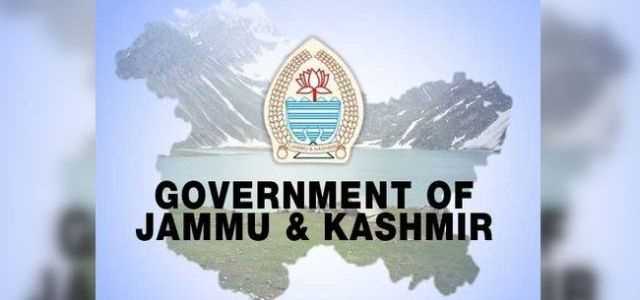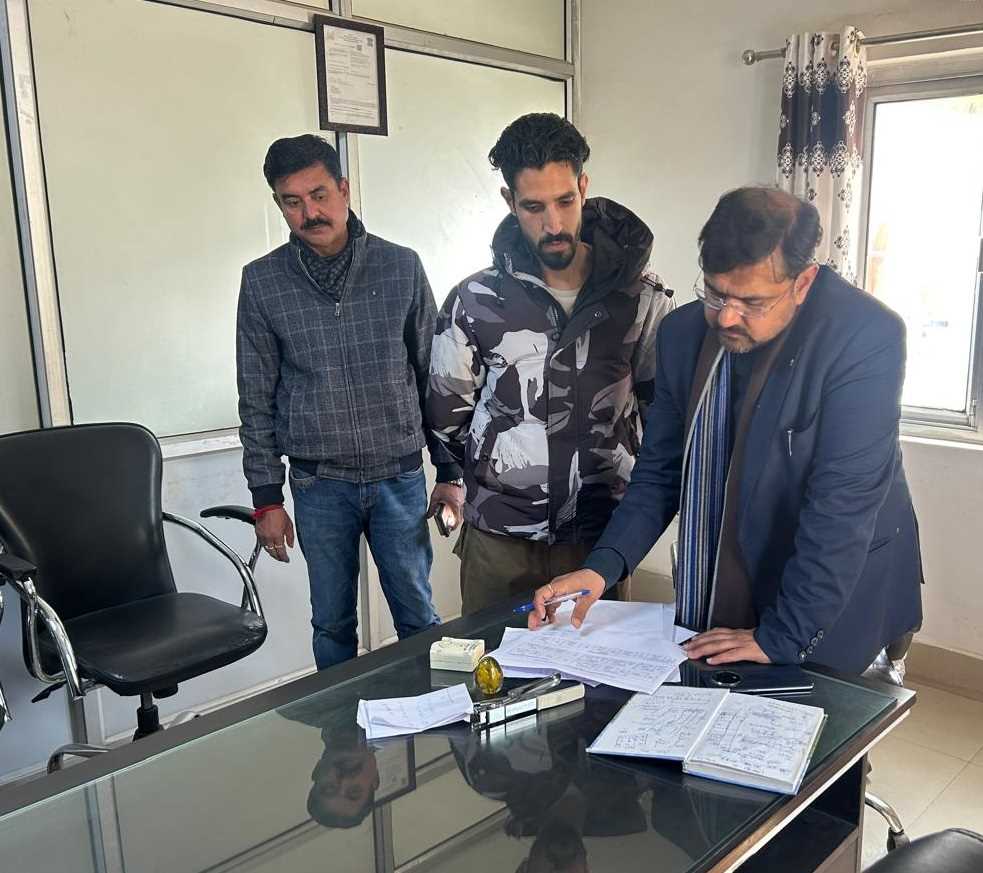External Affairs Minister S. Jaishankar's recent statement that the era of interrupted dialogues with Pakistan is over is a significant shift in India’s diplomatic approach toward its neighbor. By emphasizing that "actions have consequences," Jaishankar has underscored India's firm stance that dialogue cannot proceed in the absence of demonstrable steps by Pakistan to curb terrorism and other hostile activities. This hardline policy is not an abrupt deviation but a calculated move driven by a series of factors that have been shaping India’s foreign policy in recent years. At the heart of India's policy shift is the persistent issue of cross-border terrorism. For decades, India has been a victim of terrorist attacks that, according to Indian intelligence, have links to groups operating from within Pakistan. Despite numerous peace overtures and dialogues, these security threats have not diminished. From the 2008 Mumbai attacks to the more recent Pulwama attack in 2019, India has repeatedly found itself responding to acts of terror that it alleges are sponsored or supported by elements within Pakistan. This history has fostered a deep mistrust that dialogue alone has been unable to bridge. our approach is also influenced by a broader geopolitical strategy that seeks to assert itself as a regional power with clear red lines. The abrogation of Article 370 in Jammu and Kashmir in 2019, a move that Pakistan vocally opposed, was a clear signal of India’s intent to unilaterally secure its strategic interests without succumbing to external pressures, including those from Islamabad. This assertiveness extends to India's response to provocations; the Balakot airstrikes in 2019, following the Pulwama attack, were a clear message that India would not hesitate to cross borders in pursuit of its security goals. Furthermore, India's hardline policy reflects a growing frustration with Pakistan's perceived duplicity on the international stage. While Pakistan has often voiced a desire for peace and dialogue, India points to a lack of consistent action against terrorist groups operating within its territory. This perceived inconsistency has led India to adopt a more skeptical and cautious approach, prioritizing its own security over the pursuit of potentially fruitless negotiations. The hardline stance is also buoyed by domestic political dynamics. The Indian government, led by Prime Minister Narendra Modi and the Bharatiya Janata Party (BJP), has cultivated an image of strength and decisiveness, particularly in matters of national security. This approach resonates with a significant portion of the Indian electorate, which expects its leaders to take a firm stance against threats to the nation’s sovereignty and safety. For India, the message is clear: dialogue and diplomacy must be predicated on tangible actions that ensure security and build trust, not on rhetoric and interrupted conversations. The ball, as India sees it, is firmly in Pakistan's court.






